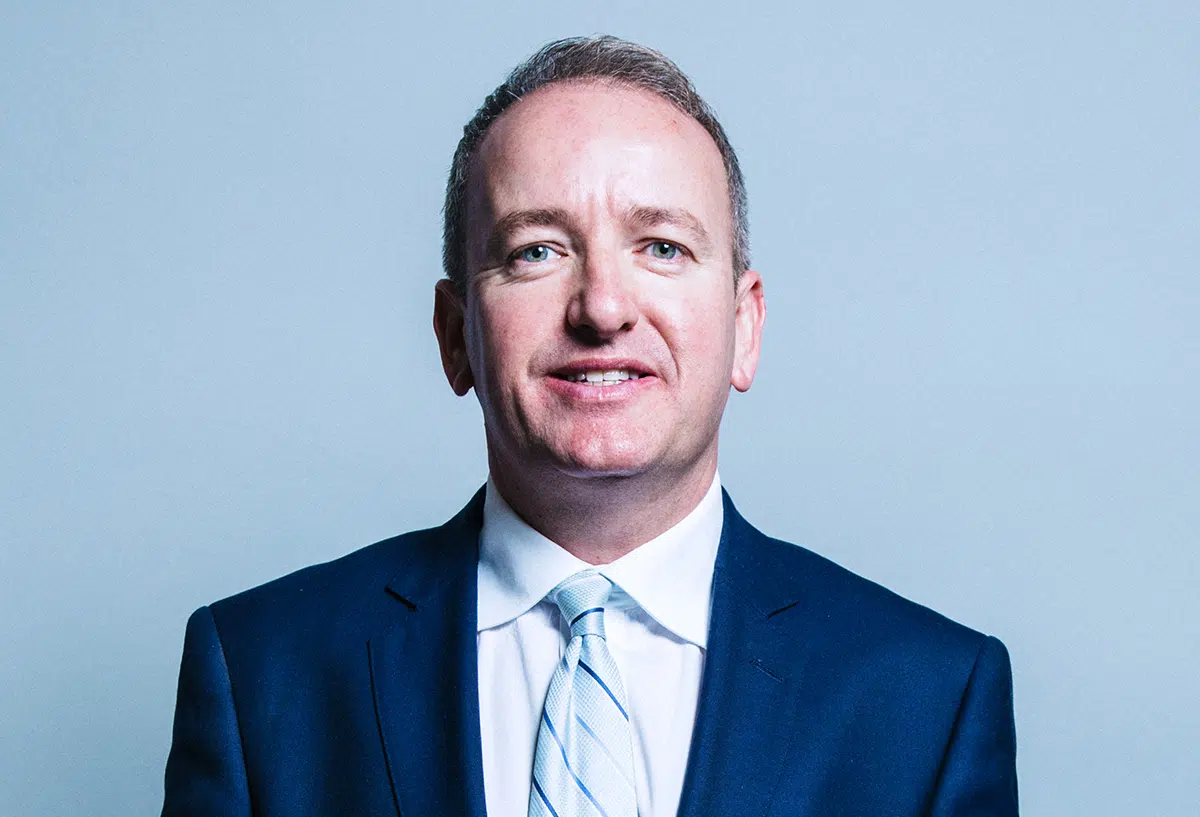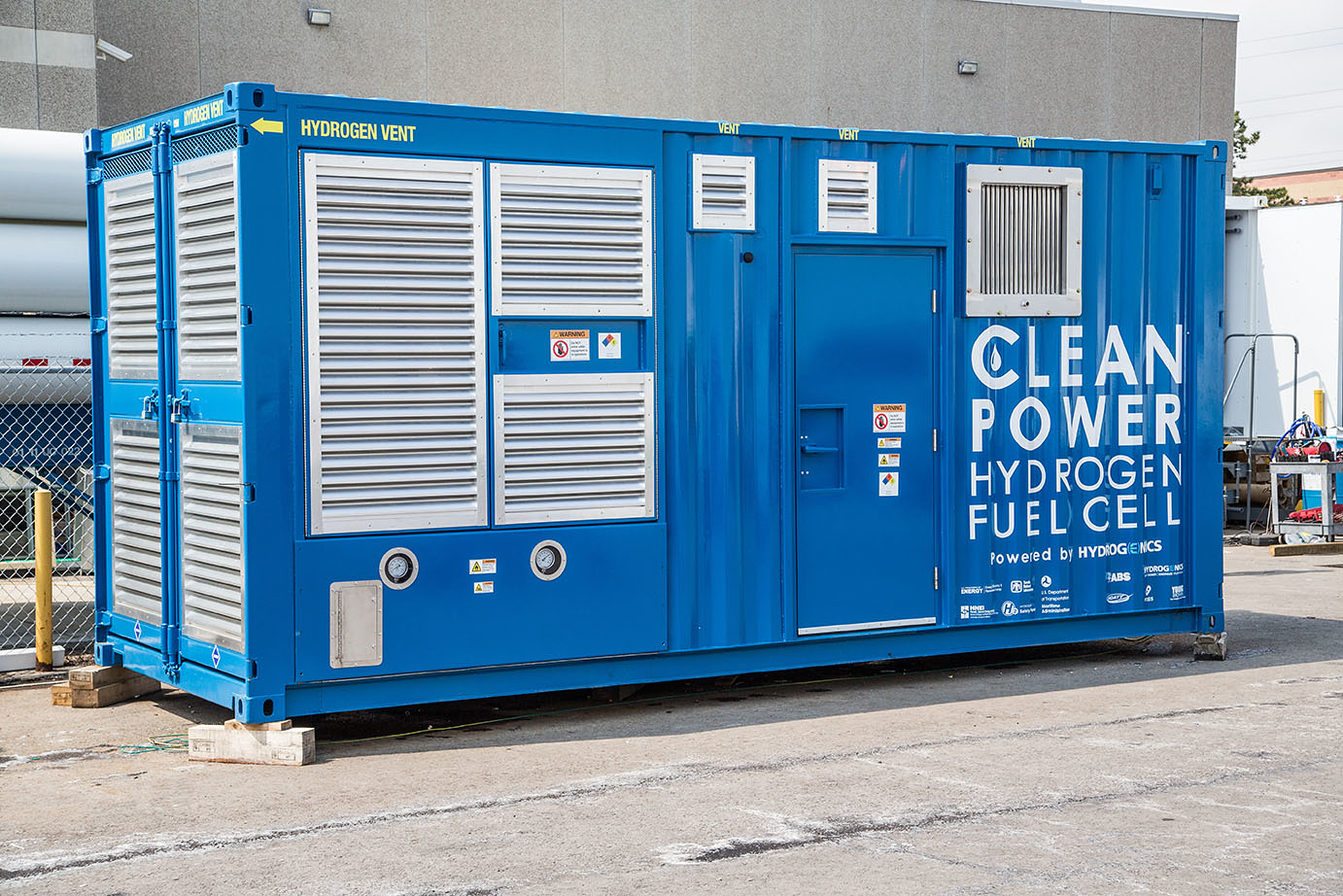A major Canadian oil company is quietly backing an anti-emissions cap Indigenous group

Message From the Editor
Canada's new cap on carbon emissions from oil and gas production is set to go into effect by late 2023. The Indigenous Resource Network – a group that says it represents Indigenous workers and businesses – is campaigning to halt the plan, claiming it will "cap Indigenous opportunity."
But as DeSmog's Geoff Dembicki reports this week, Canada's second-largest oil and gas producer, Cenovus, has paid more than $25,000 for an IRN membership.
But wait, there's more: IRN denies Cenovus is a member while confirming it's a funder, and claims the company's money is not paying for its anti-cap campaign. A Cree climate activist counters that IRN is "a propaganda machine on behalf of industry."
The climate stakes are high, as Geoff explains while trying to untangle the IRN-Cenovus relationship, because nearly a quarter of Canada's carbon emissions come from oil and gas production.
We've also published stories this week on a Conservative MP's £153,600 payday for consulting gigs with fossil fuel-linked firms, and the Norfolk Southern Railway CEO's largely unrevealing appearance before Congress in the wake of the toxic train explosion in East Palestine, Ohio. And from Grist – a fellow member of the Covering Climate Now news network – a story on the high-stakes fight in Washington D.C. to get strong rules for the clean hydrogen tax credit.
Have a story tip or feedback? Get in touch: [email protected]. Want to know what our UK team is up to? Sign up for our UK newsletter.
Thanks,
Brendan DeMelle
Executive Director
P.S. Powerful public-interest journalism like this is made possible by readers like you. Can you donate $10 or $20 right now to support more of this essential work?
Image credit: Wavy1 (CC BY-NC-SA 2.0)
Indigenous Group Fighting Emissions Cap Quietly Supported by Top Canadian Oil Company
— By Geoff Dembicki (4 min. read) —
A national Indigenous group is fighting a proposed federal limit on oil and gas sector emissions by arguing it will harm First Nations, Métis and Inuit communities.
But the group has a powerful non-Indigenous ally, according to corporate documents from Canada’s second-largest oil and gas producer.
Cenovus, a Calgary-based oil sands company that last year had net earnings of $6.5 billion, says in those documents that it has paid for membership with the Indigenous Resource Network (IRN). Yet a spokesperson for the network called that a “misrepresentation.”
Conservative MP Set to Pocket £153,600 from Fossil Fuel-Linked Firms
— By Sam Bright (4 min. read) —
Tory MP for The Wrekin, Mark Pritchard, stands to earn £153,600 in the next 12 months, equivalent to about US$186,120, from three jobs with companies that have an interest in fossil fuels.
A new update to Pritchard’s register of interest shows that the MP has accepted a £46,800 a year role with the Texas-based Focal Point Energy LLP, an energy investment and development company that works for fossil fuel firms. The company is run by a former energy adviser to Donald Trump’s administration, and is advised by a former Republican senator who has questioned climate science.
This income adds to the £48,000 a year role that Pritchard accepted earlier in the year with the engineering firm Redway AG, which appears to include oil companies among its clients.
The Fight to Define ‘Green Hydrogen’ Could Determine America’s Emissions Future
— By Emily Pontecorvo, Grist (7 min. read) —
With the passage of the Inflation Reduction Act last year, a decades-long effort to get a major climate package through Congress is over. But the work of ensuring this unprecedented bundle of funding for clean energy actually leads to reduced emissions is just beginning.
A decision with profound implications for that goal now lies with the Treasury Department, which must settle a debate over the best way of crafting a tax credit designed to advance the production of clean hydrogen. Scientists and climate advocates warn that without rigorous guidelines dictating who is eligible for the subsidy, the government could spend billions propping up hydrogen production facilities with enormous carbon footprints, wiping out many of the other climate gains catalyzed by the legislation.
But the hydrogen industry, oil companies like Chevron and BP that are investing in the technology, and even a few renewable energy groups have flooded the Treasury with comments insisting that arduous rules will undermine U.S. climate goals — by killing this nascent clean technology before it can even get started.
From the Climate Disinformation Database: Canadian Association of Petroleum Producers
The Canadian Association of Petroleum Producers has described itself as "the voice of Canada's upstream oil and natural gas industry." The group's member companies are responsible for about 80 percent of the nation's crude oil and methane gas production.
CAPP has claimed that when it comes to addressing climate change, "Canada is uniquely positioned to help meet global climate commitments by providing an alternative to coal in ASIA through LNG [liquid natural gas] exports."
In 2021, after Natural Resources Canada announced a consultation on its plan for a "people-centered just transition" to low-carbon energy, a CAPP-associated astroturf group called "Canadian Energy Citizens" campaigned to get pro-industry submissions. In 2020, CAPP advocated rollbacks of federal oil and gas regulations during the COVID-19 pandemic.
Read the full profile and browse other individuals and organizations in our Climate Disinformation Database and Koch Network Database.





